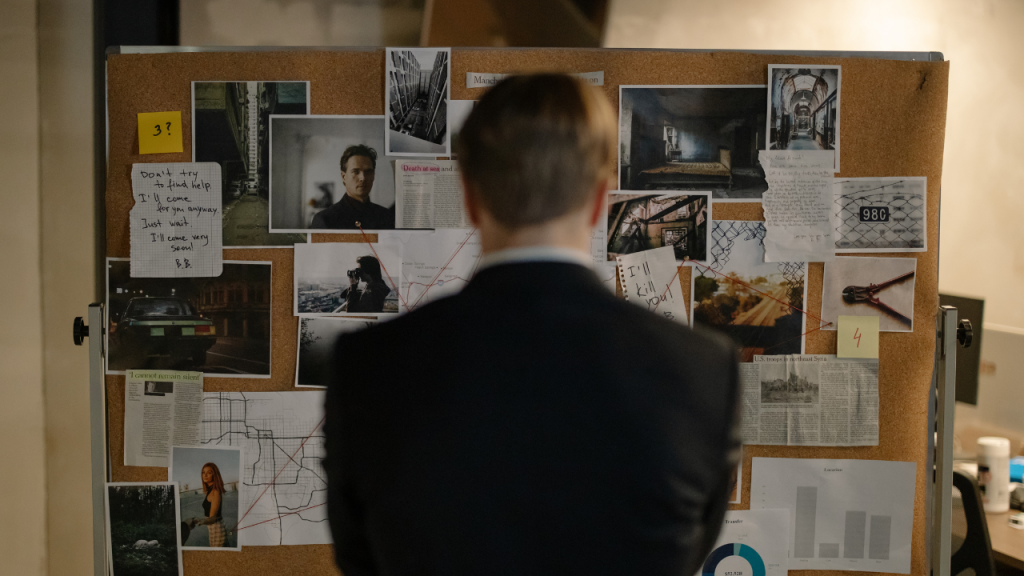
Contesting a will is a complex process that requires specialized legal expertise. This guide outlines the key grounds for contesting a will in California and explains the steps you should consider if you believe a loved one’s final wishes were not properly honored.
Understand the Two Main Categories for Contesting a Will
1. Formal Defects (Formalities)
A will in California must meet the following requirements:
- In Writing: The will must be a written document.
- Proper Signature: It must be signed by the Testator.
- Witness Requirements: It must have the signatures of two witnesses who either observed the Testator signing or were informed that the document is the Testator’s will.
Note: A holographic will (handwritten by the Testator) is an exception and does not require witness signatures—but must still reflect the Testator’s intent clearly.
If these formal requirements are not met, the will may be deemed invalid. Courts sometimes excuse minor technical flaws, but significant departures from these requirements can be used to contest a will.
2. Issues of Intent (Intentionalities)
Even if a will meets its formal requirements, it can still be challenged if there are concerns about the Testator’s state of mind or external pressures influencing the will. Common grounds include:
-
Lack of Testamentary Capacity:
The Testator must understand:
- That they are making a will.
- The nature and extent of their property.
- Who their natural heirs are.
(The legal standard for testamentary capacity is relatively low compared to contracts.)

-
Undue Influence:
This occurs when someone exerts overpowering pressure on the Testator, regardless of full mental incapacity. To prove undue influence, you must show:
- The Testator was vulnerable due to factors like age, illness, or dependency.
- The influencer used manipulative tactics.
- The influencer had the apparent authority over the Testator.
- The resulting will create an inequitable outcome.
-
Fraud, Duress, or Menace:
While these grounds may be used to challenge a will, they are less common and generally more difficult to prove without clear and convincing evidence.
Steps to Take if You Believe a Will Should Be Contested
- Consult a Probate Litigation Attorney:
- Hire an attorney experienced in probate and will contests.
- Act promptly; once a will is admitted to probate, you typically have only 120 days to contest it.
- Gather Evidence:
- Collect documents (e.g., the will itself, medical records, correspondence).
- Identify and secure statements or testimony from witnesses or experts regarding the Testator’s capacity or any undue influence.

- File a Petition:
- Your attorney will help you draft and file the necessary court petition to challenge the will.
- Prepare for a Legal Process:
- Be ready for a potentially lengthy legal battle.
- Understand that contests may require mediation or even a trial, especially if the dispute involves significant assets or family conflict.
Final Considerations
- Timing is Critical: Contest a will before or immediately after it is admitted to probate. Delays can severely limit your legal options.
- Legal Guidance is Essential: Given the technical nature and emotional weight of will contests, professional legal advice is crucial.
- Focus on Evidence: Success in contesting a will relies on clear, admissible evidence—whether for a lack of capacity, undue influence, or another ground.
Your Next Steps

- Schedule a Free Consultation: Find a knowledgeable probate litigation attorney to evaluate your case.
- Document Your Concerns: Keep a detailed record of any irregularities or concerns regarding the will or the circumstances surrounding its creation.
- Stay Informed: The probate process can be confusing—make sure you understand your rights and options at every step.

